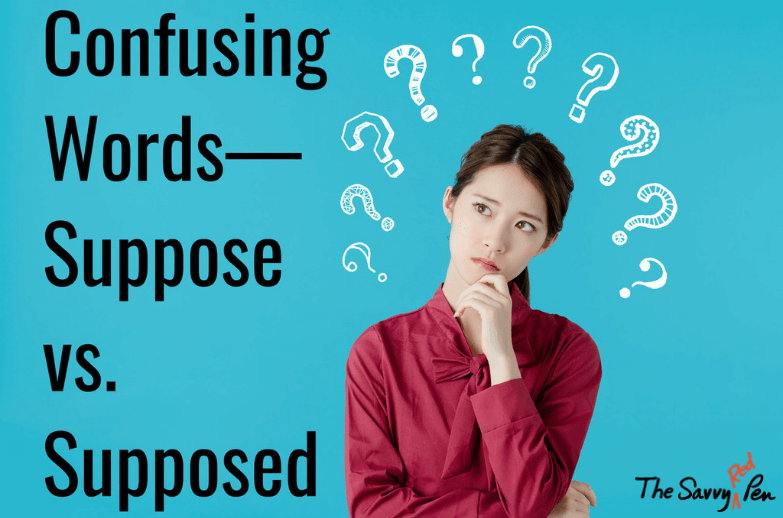We often write the way we speak. And sloppy talk usually gives way to sloppy writing.
We often leave off the D at the end of “suppose” when we write because we typically omit it when we say it, right? I probably say, “I am suppose (I actually pronounce it suh-poz if I’m talking quickly) to go to Tuesday’s meeting, but I have a conflict.” No one would have trouble understanding me or my meaning, even though I left off the D-sound at the end of “suppose.”
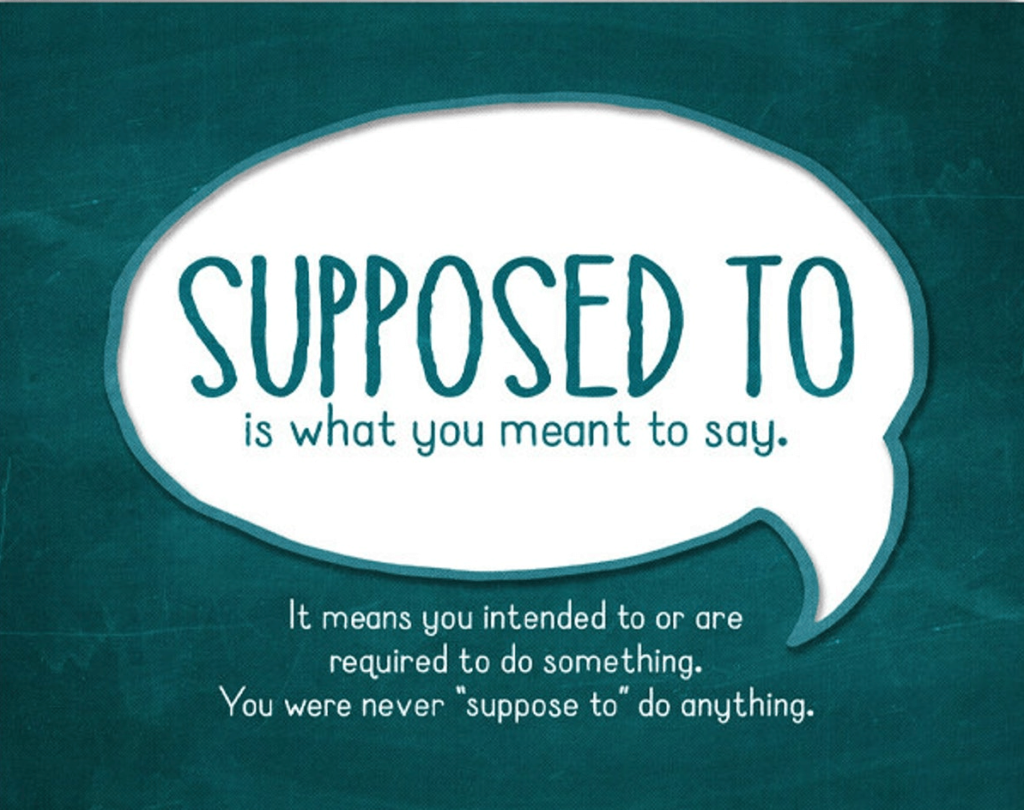
But the minute I type in the sentence…. OOPS! “I am suppose to go to Tuesday’s meeting . . .” Even my grammar check tells me I have a problem by underlining “suppose in blue.” Heck, I’ve even seen “suppozta” in student writing. No lie.
So, what’s the problem? I’ve left off the D at the end of the word. But what a difference one letter makes!
English is so confusing, and so many words are spelled similarly, but their meanings and functions are completely different. So, let’s dig into the difference between “suppose” and “supposed” and take a look at why that D at the end of “suppose” matters so much.
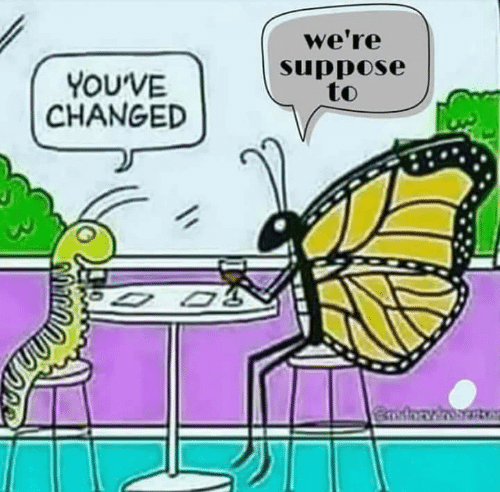
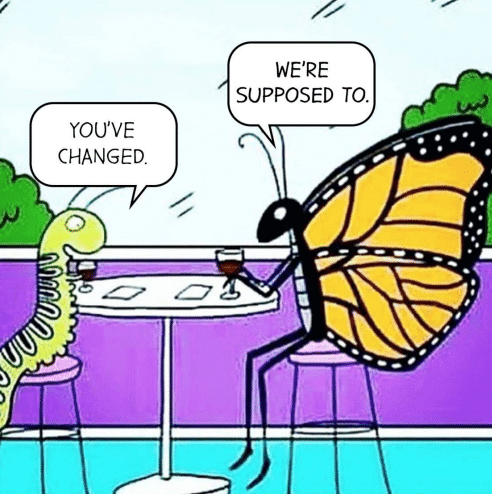
Can you tell which is correct?
How to Use “Suppose” and “Supposed”
Perhaps what makes the “suppose” vs “supposed” issue so complex are all the various meanings and uses each has. Here’s a quick breakdown of each.
“Suppose” as a Verb, First Meaning
“Suppose” is a verb that has several meanings. The first is “to assume something is true or real for the sake of argument or explanation.” The past tense is “supposed.”
Examples:
“I don’t know for sure, but I suppose she’s single because she’s not wearing a ring.”
“Doctors supposed the disease was hereditary.”
“For the sake of argument, he supposed the witness was telling the truth.”
“Suppose” as a Verb, Second Meaning
“Suppose” may also be used as a verb to mean, “to be required to do something because of the position one is in or an agreement one has made.” In this way, suppose is commonly used as a hesitant response to a question about your intention. For example, if someone were to ask you, “Are you going to the wedding?”, you might respond “I suppose so.” Or perhaps you’re reluctant to give in to argument, but you must concede to some degree, so you say, “I suppose you have a point.”
What About “Supposed to”?
We use “supposed to” to describe behavior that’s required or expected but doesn’t always happen. For example, “We’re supposed to look both ways when crossing the street” (present tense) and “I was supposed to start work at 9 AM, but I overslept and showed up at 10 AM.”
“Supposed” as an Adjective
“Supposed” (pronounced suh-po-zed)is an adjective meaning “generally assumed or believed to be the case, but not necessarily so.” As you would expect, “supposed” precedes a noun (because adjectives modify nouns).
Examples:
“The practice of sanitizing cardboard boxes during COVID-19 was based on supposed scientific findings of the germ spread.”
“The supposed robbery occurred at 2:26 AM.”
Keeping Suppose vs Supposed Straight
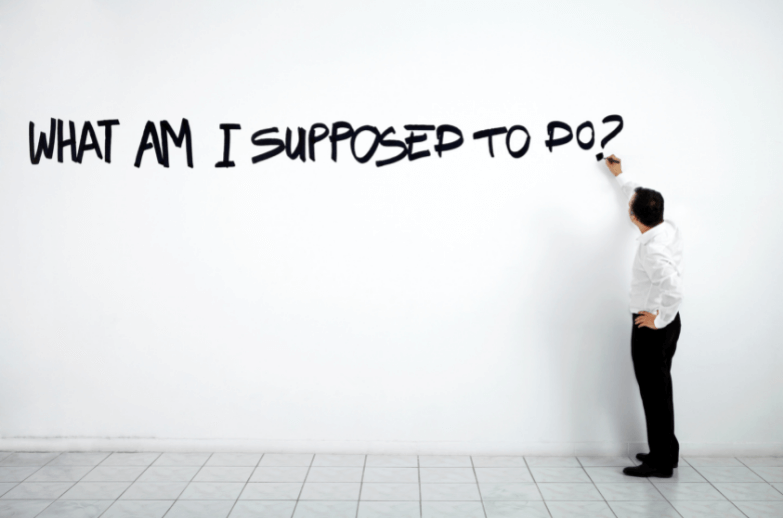
Is this clear as mud? (Pardon the trite expression.) How the heck are we supposed to remember this? Several sources provide this tip: If you want to use the term as a verb, then choose “suppose” since both have an “e” in their spelling. Meanwhile, you should use “supposed” if you want an adjective because both words have a “d” in their spelling. I have to say, I’ve never thought of remembering the difference this way, but I suppose it’s worth a shot.
Just promise me you’ll never use “suppozta.”
Do you want to avoid OOPSS like these? Subscribe to our blog for more great stories about typographical faux-pas and the best tips for avoiding them. We also offer a full suite of editorial services, including proofreading. Contact us today to discover how we can help you!
Related Articles
Untangling Homophones
Proofreading Tips to Avoid Professional Embarrassment
The Great Oxford Comma Debate: Where We Stand

